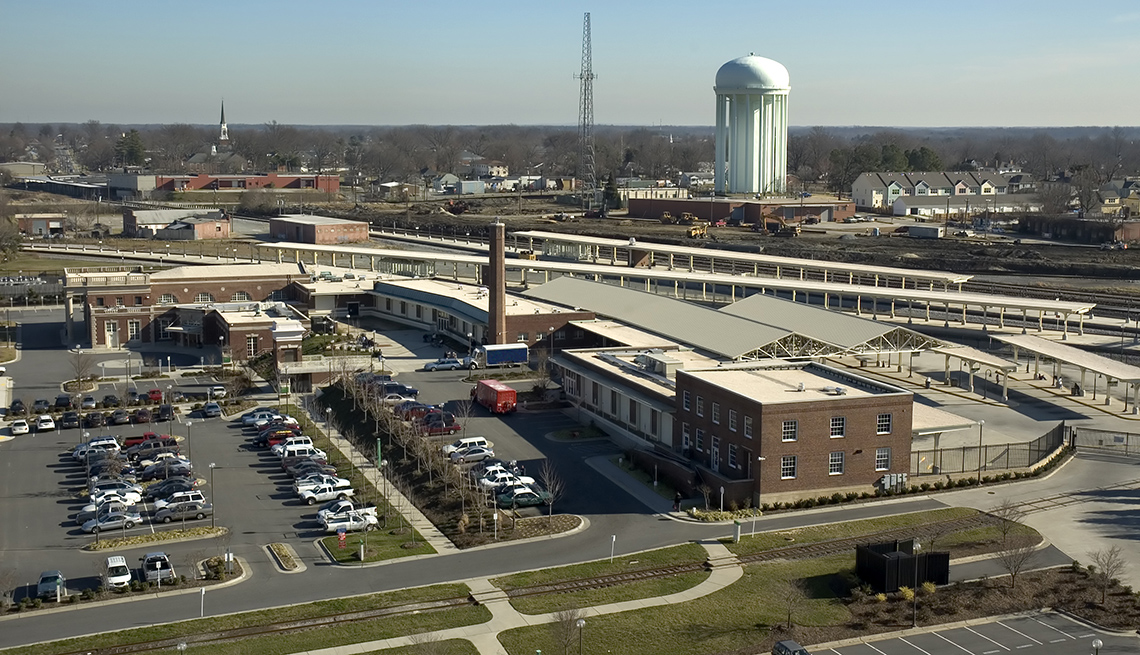AARP Hearing Center
As a skinny 14-year-old with braces and an unfortunate 1970s shag haircut, I stood up to deliver a book report in my 8th grade social studies class. I’ve long since forgotten the book, but the report will be with me for the rest of my life. It started with a few barely audible whispers of “sweets” and “sweetie,” like the chirping of distant birds. I tried to stay focused on my presentation but the taunts grew louder and harsher: “queer,” “’mo,” “fag.” The teacher, a tall, imposing man with piercing eyes, heard the heckling—how could he not? But aside from a half-hearted “Be quiet,” he took no action. In that moment, I was completely alone. I stumbled to the finish line with my report, slunk back to my seat, and made a vow. At my first opportunity, I would leave Greensboro, North Carolina, the scene of this particular crime (and others like it).
Even before this moment, I’d never felt at home in my hometown. As a boy, I wanted to live elsewhere. I burned to travel, to see big cities and oceans and foreign countries—to be, in the words of novelist Mona Simpson, “anywhere but here.” Four years after the book report, I moved away to attend college in Charlotte. I eventually settled in San Francisco, where I’ve lived since 1987.
In midlife, something unexpected has happened: most of my travels happen to take me back to Greensboro. More surprising still: I’ve come to accept that returning to my personal ground zero has helped me live a richer, fuller life. Going back to my hometown has helped me move forward.
Struggles for Acceptance, Big and Small
Greensboro has long been known chiefly for textiles, tobacco and furniture; many describe it as a pretty, leafy city and a good place to raise a family. Detractors call it a city without a center, character, or much to do. There’s even a Twitter account called “Greensboring.” Greensboro’s most defining national moment occurred in February 1960, when four African-American college students sat down at a segregated Woolworth’s lunch counter. They were denied service but refused to leave. By comparison, my life in Greensboro was much less dramatic, though I had my own struggles for acceptance. Growing up in the 1960s, I sensed I was different almost from the beginning. In my family, I was the only boy (with four sisters) and the youngest child. I had asthma, so unlike others my age, I swam instead of playing ball. I loved to draw and write, and I devoted entire afternoons to these pursuits. I grew up on a street with few kids my age; the middle-aged neighbors were my playmates




































































